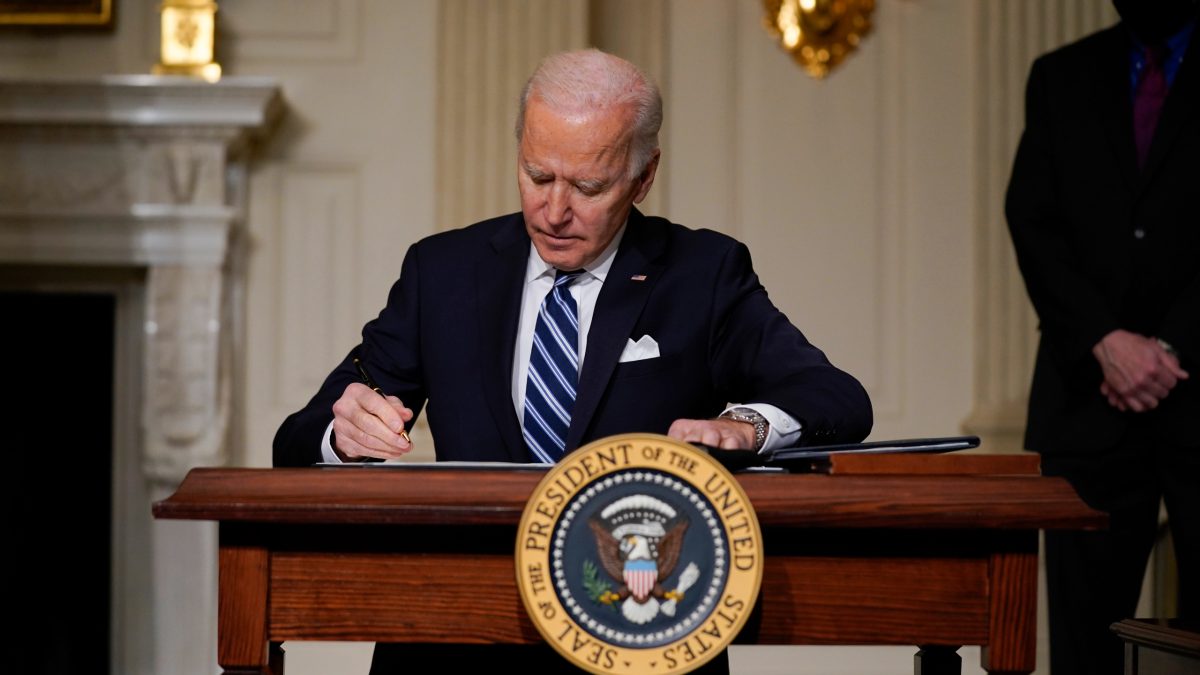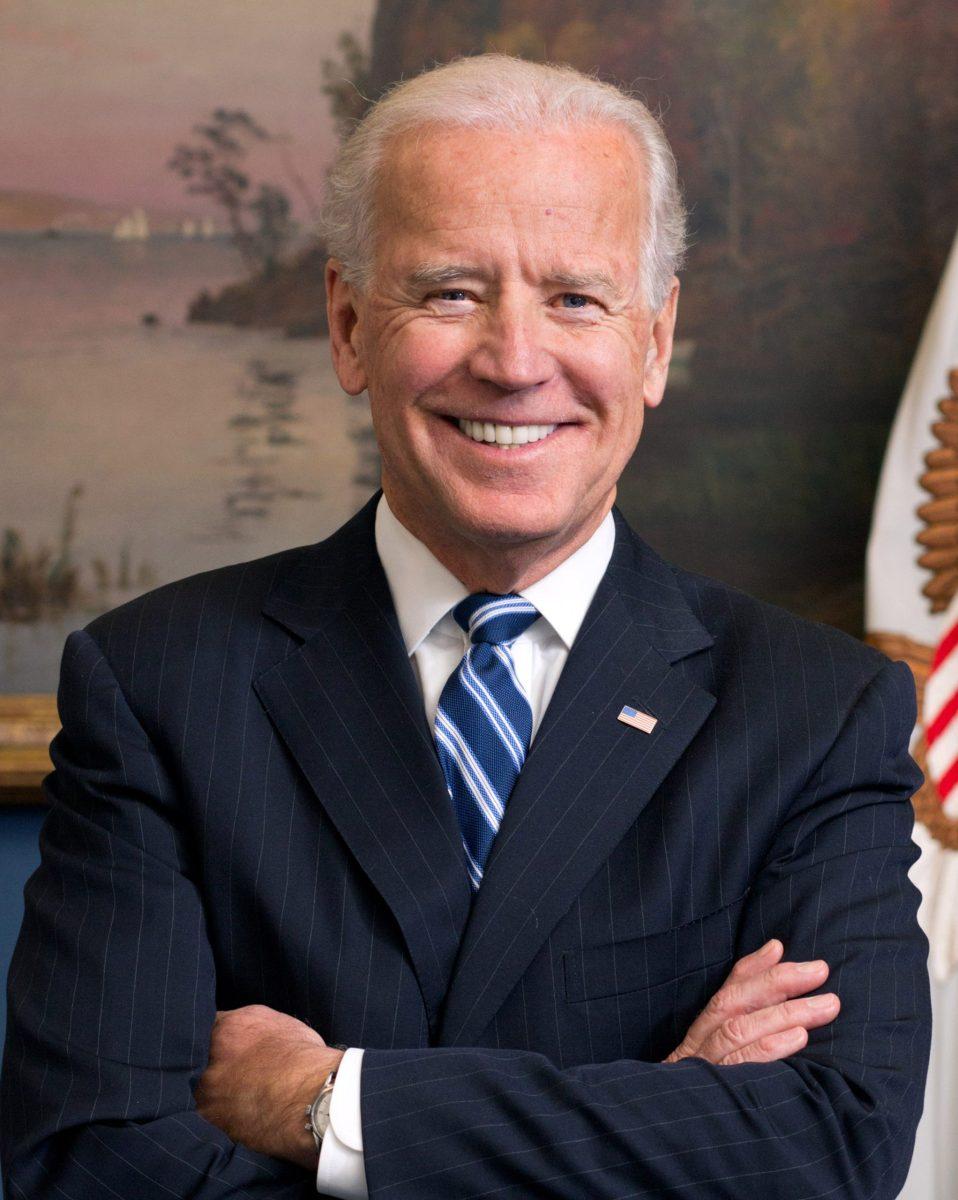The inauguration of President Trump has passed and he is now settled into office, which leaves people speculating as to what changes he will bring about and what promises will be fulfilled. While controversy surrounds topics like healthcare, economy, and social injustice, may be a more appropriate topic, one issue that we can all get behind, is cyber security.
The recent presidential campaign was heavy with propaganda concerning leaked information and Russian hackers – probably more so than any previous campaign. The new administration has stated that the Russian hacking was more of a political “witch hunt”; apparently, it is actually very common for individuals from other countries, such as China and North Korea, to meddle in others’ cyber-infrastructures.
Although it is still unknown if there were any significant outside forces that had a direct impact on the election, data breaches (both in state and in the private sector) are becoming more common than ever as people become increasingly dependent and connected to the internet.
2016 was probably one of the worst years in terms of cybersecurity as we saw countless corporations, such as Target, Yahoo, Wendy’s, Cisco, and Verizon, fall victim to data breaches. These cyber attacks lead to the leaking of hundreds of millions of personal account data, which often included payment and banking information. The government itself has been the target of hacking as seen in February 2016, when hackers breached the Justice Department and leaked sensitive information about 20,000 FBI employees.
So how has President Trump responded to this growing threat? On his campaign website, President Trump has called for a complete review of cyber “defenses and vulnerabilities” in order to “develop the capabilities we need to deter state and non-state actors.” The details are somewhat lacking; however, he is calling for a “Cyber Review” team made up of individuals from the military, law enforcement and private sector.
There is also a mandatory training for government employees to keep current with the evolving nature of cyber attacks. There is not a periodic review or update of the systems already in place to account for the always changing nature of the internet and related technology.
In 2016, former President, Barack Obama enacted the Cyber Security Nation Action Plan (CNAP), which invested $18 billion and works with leading cyber entities, such as Google and Facebook, to create short term and long term action plans on the matter.
The increasing concern over cybersecurity in itself has proliferated the information technology field. The cybersecurity specialty of IT is growing enormously and may be very promising to prospective students and workers in the field. It is too early to tell what the President will do but recent events have shown that President Trump may have no choice but to make cyber security even more of a national priority.






























